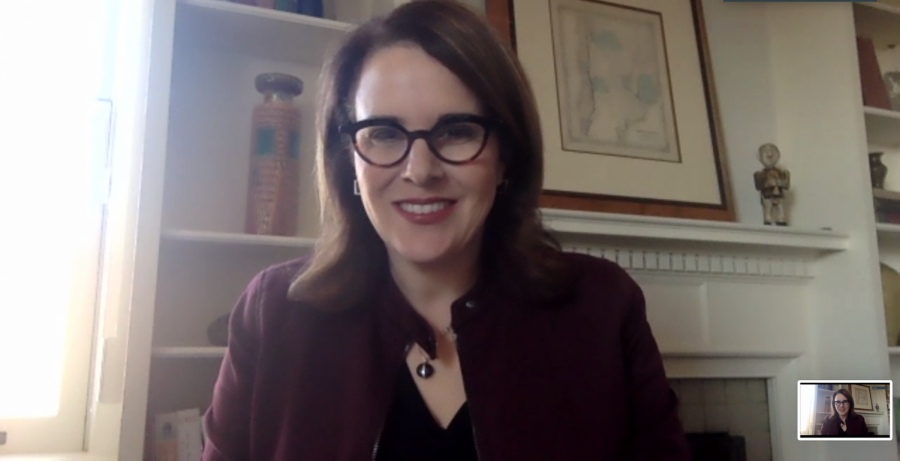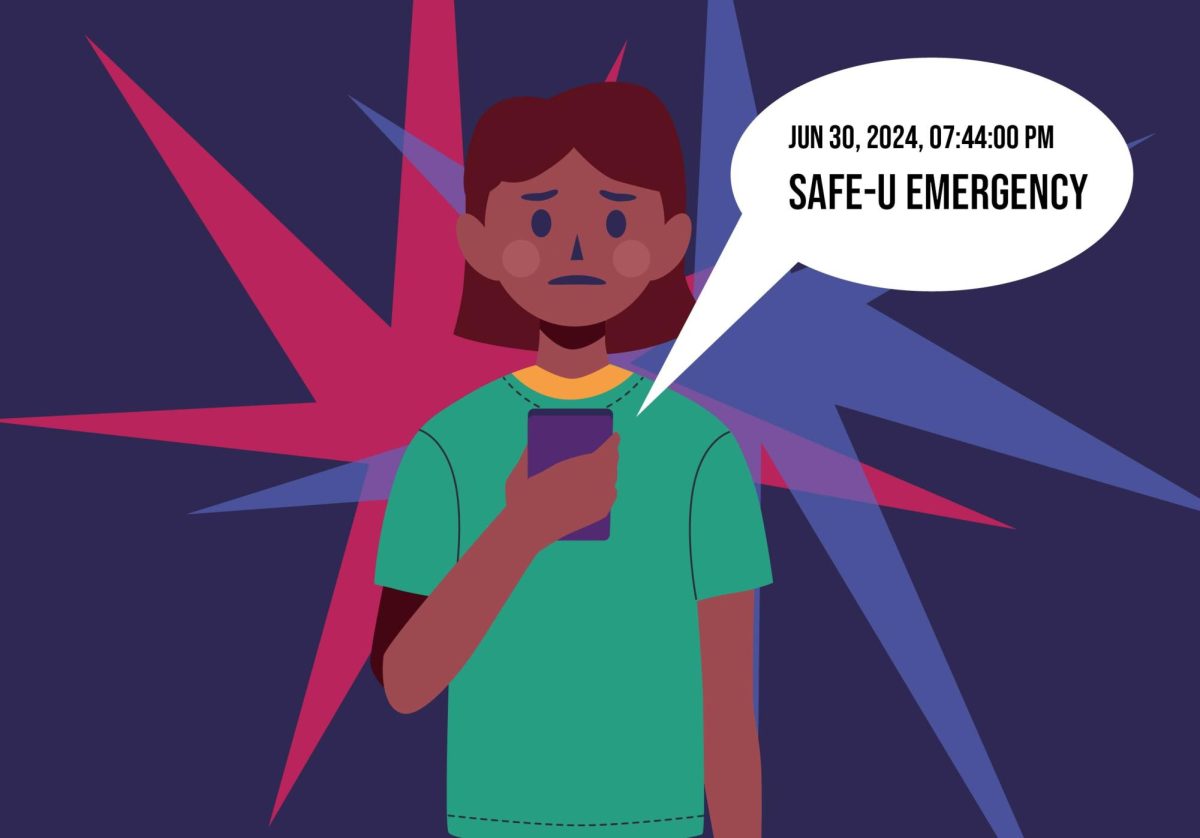In a virtual interview with the Minnesota Daily, University of Minnesota President Joan Gabel discussed the recently concluded safety review of the University Police Department and changes to higher education policies from President Joe Biden’s administration.
Gabel also weighed in on the Board of Regents election and the University’s relationship with Minnesota’s tribal nations.
She said the Board of Regents will discuss these topics further at meetings on Feb. 11 and 12.
This year, the Regent Candidate Advisory Council recommended four women and eight men as candidates for the Board of Regents. Four of the men are people of color, including Brandon Alkire, who could become the first Native American regent in the University’s history. What conversations have you had with the Minnesota Indian Affairs Council and the tribal nations about representation on the Board of Regents and the list of resolutions sent to the University over the summer?
The council sent over a resolution a few months ago, a lengthy resolution, really where they looked at a very holistic set of hopes and expectations for the relationship with the University. Some of those expectations were simply to be more structured and organized about our work with them so that we would commit to meeting at least three times a year, which we have been maintaining since then, in addition to one-on-one meetings with some of the chairs and other tribal council leaders. Then, some work and commitment around our complicated history, which, as we know, has been a journey and something that we would really like to see improve. They have hopes for where we would partner looking ahead and into things that we would do down the road.
Since Jan. 20, Biden has both signed into action and recommended various policy updates and changes that will affect higher education and the University of Minnesota. Some of these changes include extending the freeze on federal student loan payments and interest, an increase in guidance on COVID-19 plans for higher education and strengthening Title IX laws. How will the University respond and begin to implement these changes in the future?
So obviously we’re delighted with the attention that the new administration is paying both to student finances, to research support, to campus climate and Title IX and otherwise, and a few other related areas. We’re eager to work with the Biden administration. We’re grateful to see that doors are being reopened to our international students, and we’re very optimistic about how complying with these policies will be of benefit to the University of Minnesota.
We’ve been tracking the news and the executive orders that the president has been signing. I’ve personally been on some briefing calls that indicate where policy is likely to change. There hasn’t been anything yet that required a fundamental, you know, stop in your tracks and pivot to something else. We’re watching closely so that I don’t expect to be caught by surprise. The administration has been communicating a lot, and we’re watching really closely.
The results from Dr. Cedric Alexander’s safety review were published last week and will be discussed in depth at the February Board of Regents meeting. What was the most shocking result included in the review to you?
I wouldn’t say I was shocked, but I think the extent of the recommendations was probably more than we expected. I would consider that a good thing because it really feels like if we work our way through this, that we will have done everything we know how to do to improve this attribute of inclusion while also addressing the fact that crime is up. … I think that if I were to describe anything along the lines of surprise, it’s this recognition that there’s still a lot to do — that even at a place that’s deeply committed, that really wants to be better, where there is a very clear voice and not a lot of confusion, it’s still a lot of work, and that’s okay. We’re ready to do that work. I’m glad that we have now some structure to do that work. But now we need to do it, and that’s a chapter in and of itself.
How will you balance the potential added cost of these implementations, for equipment or other things, with the need to be financially responsible?
Every penny we spend is tough right now. Some of the things that UMPD needs, we would have to wait until the next budget, and it would have to come as part of the overall budget plan for the University. Some things that we would want to start now, we would use one-time money to bootstrap until we got to the next fiscal year and could go through the budget cycle. Everything we’re doing right now is in extreme recognition of our constrained financial resources.
A second round of CARES funds has been designated for higher education, an approximate $21.2 billion. According to experts, these funds will be more accessible to students. How will the distribution process to students differ from last year?
We’re expecting whatever distribution we receive to be similarly divided [between the] institution and students. But last time, there were a lot of restrictions on which students could receive funds. Many of those restrictions we expect will be lifted, which would allow us to distribute to more of our students. We’re waiting to get the final details, and then we would set up a distribution either through financial aid or emergency funds, much like we did last time. We would just be able to let more students know that money was available than we were able to with the first distribution of CARES funds.
The University’s budget request to the state is the lowest amount in approximately 20 years, at $46.5 million. What is the strategy behind requesting this amount, especially when the University is experiencing a large budget deficit?
The strategy here is that we are in a tough financial situation, but we have made reasonable plans to address our own shortfall. We have not had to do that on the backs of students. This was in a frozen tuition and frozen fee environment. We have made a set of collective community sacrifices in order to get through what we’re getting through. And now what we’re asking the state to do is to invest in the future and the strategic plan that we’ve recently passed. It’s a low amount relative to what we’ve asked for before, but it is the amount we received at the last biennial budget distribution. Our hope is that they will give us all of it, which would keep us on par with what the state has given us in the recent past. Were they to give us more, we could obviously use it, but this is what we need in order to get through this time. Then as things loosen up and revenues go back up again, you can be quite sure we will ask for more.
Has the University or will the University see an increase in academic programs that are canceled or paused as a result of low enrollment throughout the pandemic? What is the University doing to maintain programs and courses that may be more impacted by the pandemic than others?
There’s a regular cycle of programs that sunset and new programs that start. We do have some doctoral programs that have paused — it’s not enrollment issues; it’s job prospect issues on the other end that have encouraged those programs to pause for admission. A lot of universities are in hiring freezes, and doctoral students generally would be on the University market. If we bring a student in, we want them to have an open, active market when they finish. Those are pauses, not permanent cancellations or discontinuations. We have a lot of optimism that sooner rather than later, because of the vaccine, we’ll restart those programs.
This interview has been slightly edited for length, grammar and clarity.



























